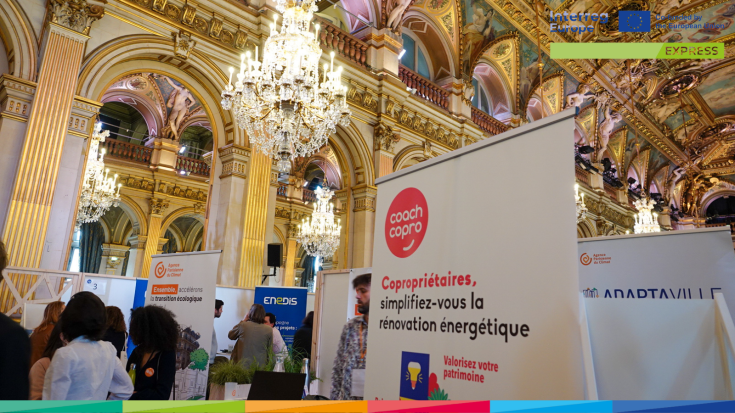France | Driving Paris’s Urban Energy Transition

Paris Climate Agency is making progress in its transition to sustainable energy through pilot projects and partnerships. The Agency is working on initiatives such as expanding district heating networks and involving condominium owners in energy renovation. In 2024, notable developments include new models for shared heating connections, international exchanges on renewable energy, and approaches to energy governance at the metropolitan level.
Expanding Urban Heat Infrastructure Through Collaboration
Paris Climate Agency continues to advance its urban energy transition through strategic collaborations and pilot projects. In partnership with the Compagnie Parisienne de Chauffage Urbain (CPCU), new condominiums have been identified for a pilot project aimed at pooling connections to the district heating network. Launched in September, this initiative actively involves condominium owners in the transition to sustainable heating solutions, marking a significant step in expanding the city's urban heat infrastructure.
As part of the EXPRESS project study visit, European partners had the opportunity to tour CPCU’s biomass heating facilities in Saint-Ouen. The visit showcased cutting-edge renewable energy technologies and reinforced the potential of biomass and district heating as scalable solutions to meet Paris’s energy needs.
The Croulebarbe district has also emerged as a key experimental hub for sustainable energy innovation. Efforts in this district focus on forming associations among co-owners to pool resources and connect more efficiently to the urban heat network. The Department of Ecological Transition and Climate has expressed strong interest in the initiative, recognizing its potential as a model for integrating diverse building types and ownership structures into a cohesive and scalable energy framework. These developments represent a crucial step toward a more inclusive and adaptive approach to urban energy management.
Strengthening Regional and International Engagement on Energy Renovation
The Forum Habiter Durable, held at the Hôtel de Ville, played a central role in fostering dialogue on energy renovation in Parisian condominiums. As part of the EXPRESS project study visit, the event highlighted best practices in engaging condominium owners and demonstrated effective methods for regional collaboration. Presentations on key energy support tools such as CoachCopro and EnerSIG provided participants with concrete examples of how Paris is leading the way in urban energy management.
During the study visit, European partners explored local renovation projects, including a condominium equipped with photovoltaic solar panels, illustrating innovative approaches to integrating renewable energy into residential buildings. Discussions at the forum also laid the groundwork for the development of a public energy data service and a Joint Pilot Action to extend these best practices to other European regions.
Advancing Climate Strategies at the Metropolitan Level
As part of the Greater Paris Metropolis climate plan review, workshops were organized with key stakeholders, including ADEME, APUR, and FCU. These discussions addressed critical challenges such as expanding district heating networks and developing new models for solar energy deployment. By bringing together diverse expertise, these sessions provided valuable perspectives on maximizing urban heat utilization and advancing innovative strategies for sustainable infrastructure growth.
Key Discussions Driving Paris’s Energy Transition
A series of strategic meetings took place to further Paris’s energy transition efforts. In September, local stakeholder members gathered to evaluate study visit feedback and refine strategies for supporting condominium energy renovations. Discussions with ENEDIS, the French electricity infrastructure manager, focused on the state of electrical risers and potential upgrades to facilitate greater energy efficiency and renewable energy integration. Additionally, engagements with GrDF explored advancements in individual gas boiler technology, highlighting innovations that could contribute to the city’s transition away from fossil fuels.
Through these initiatives, the Paris Climate Agency continues to lead the way in urban energy transformation, reinforcing its commitment to renewable energy adoption, infrastructure modernization, and collaborative climate action at both regional and international levels.
